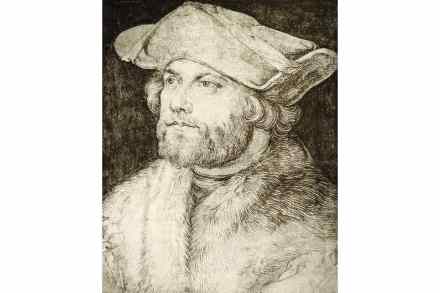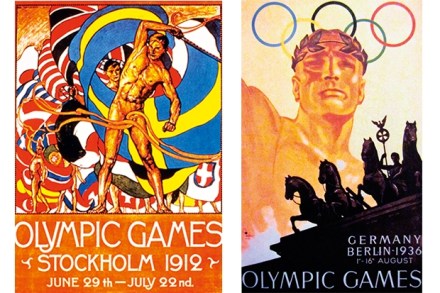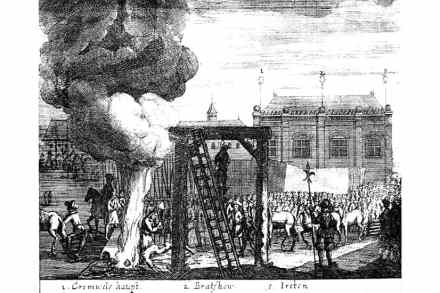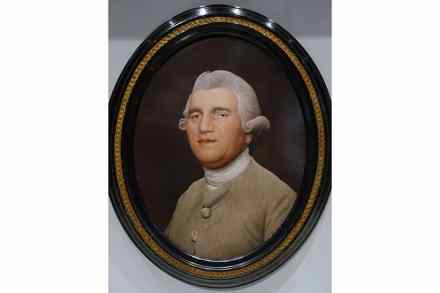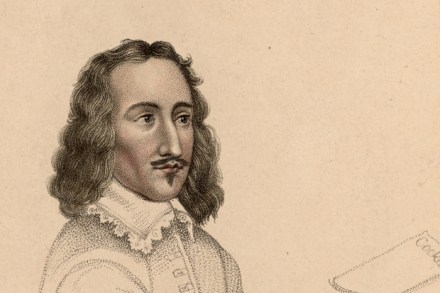Death and glory: the politics of the World Cup
World Cup fever is a strange affliction. It’s more contagious and unavoidable than Covid, and more widespread too: each new World Cup, as Simon Kuper writes, ‘becomes the biggest media event in history’, which ‘occupies the thoughts of billions of people’. It also produces a cluster of sometimes contradictory symptoms, physical as well as mental.



